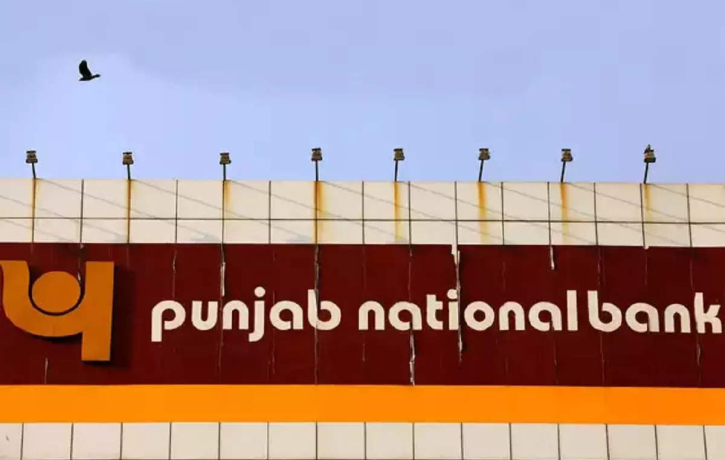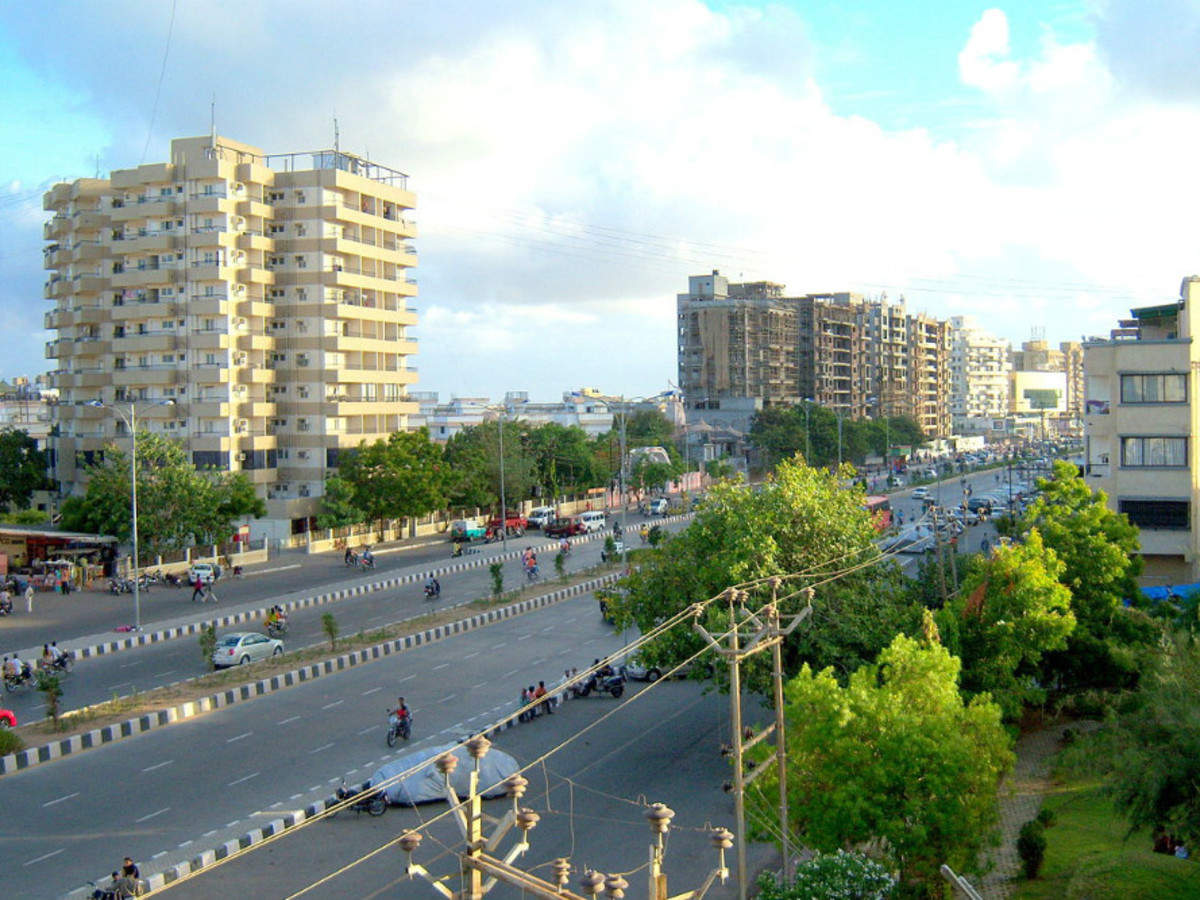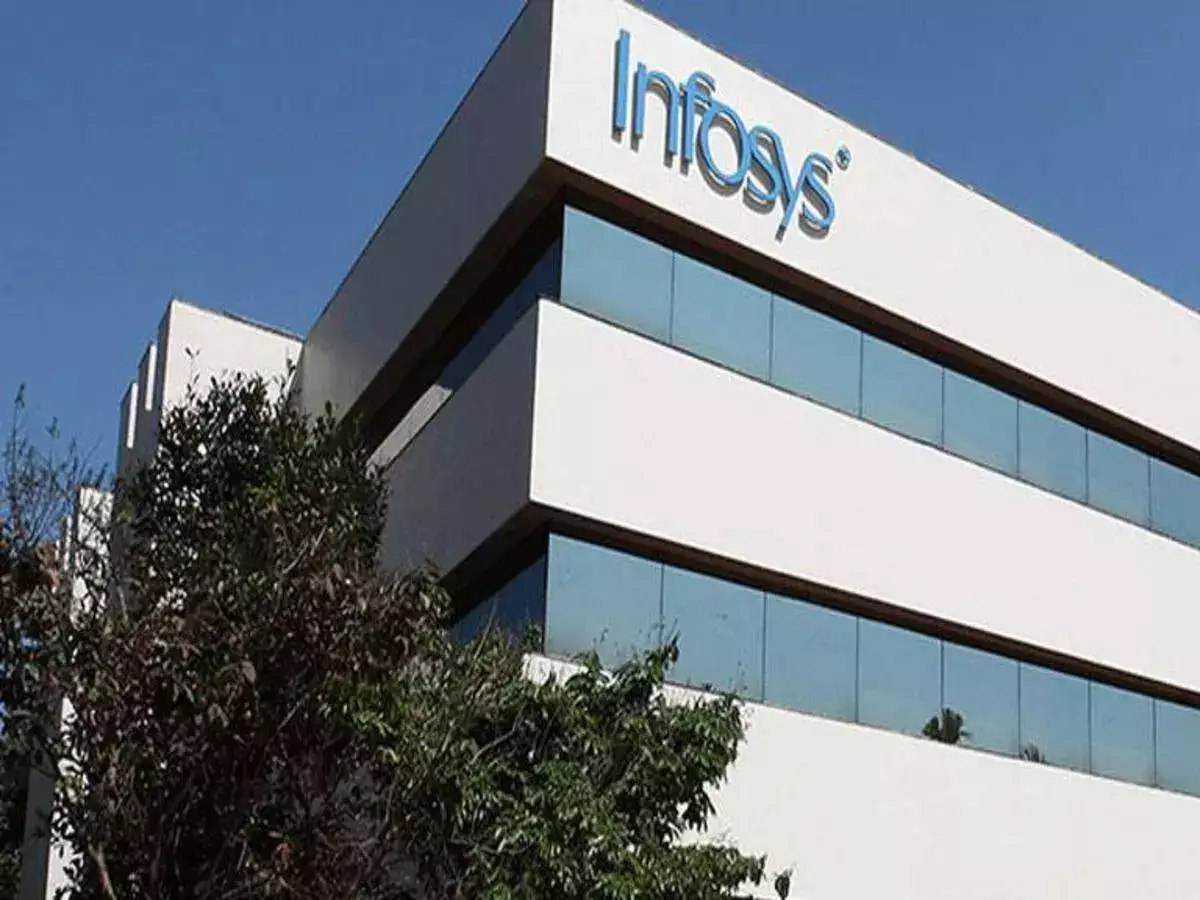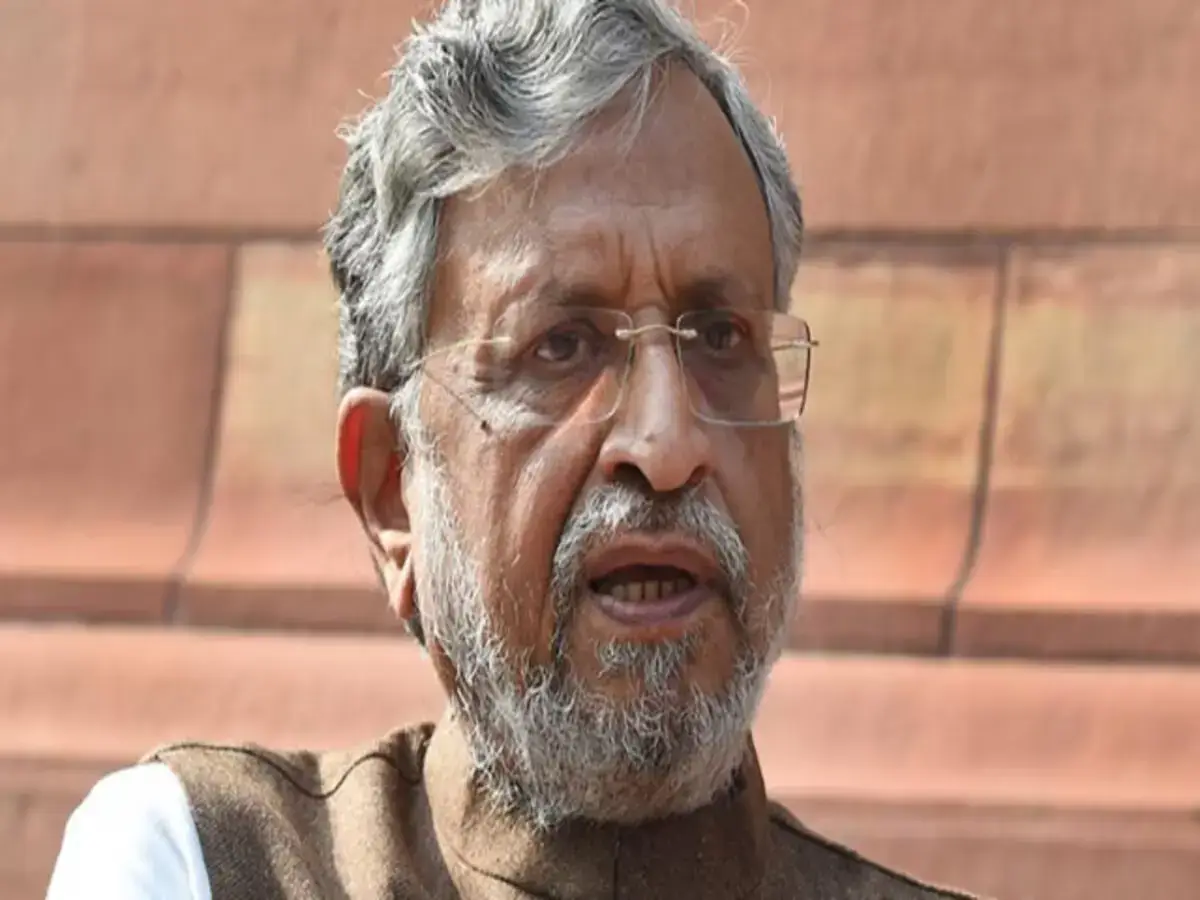Introduction
Punjab National Bank (PNB), Located in New Delhi and established in May 1894, is the second-biggest public sector bank in India. It has more than 12,000 branches and more than 13,000 ATMs, serving more than 180 million people. PNB has branches in the UK, Hong Kong, Dubai, and Kabul in addition to representative offices spread across several foreign locations. It is rated by CareEdge Ratings as CARE AA+ (Stable) and has investments in banks in Bhutan, Nepal, and Kazakhstan.
History
Founded on May 19, 1894, in pre-independence India, Punjab National Bank (PNB) is a public sector bank governed by the RBI and the Indian government. To further India’s economic interests, leaders from a variety of backgrounds founded it. On April 12, 1895, PNB, the first Indian bank founded with Indian capital to this day, opened for business in Lahore. Prominent individuals with accounts at PNB include Jawaharlal Nehru, Indira Gandhi, and Mahatma Gandhi.
Timeline
The first branch of Punjab National Bank (PNB) was established outside of Lahore, India, in 1900. Subsequently, PNB opened offices in Karachi and Peshawar. PNB continued to operate in Pakistan after the 1947 Partition, eventually closing 92 locations, but lost its Lahore location. After relocating its headquarters to New Delhi, it went on to buy a number of banks, including Universal Bank in 1961 and Bharat Bank in 1951. After being nationalized in 1969, PNB opened branches and representative offices around the world, including in the UK, Afghanistan, Kazakhstan, Nepal, and other countries. In 2003, it bought Nedungadi Bank, and in 2012, it founded PNB MetLife.
Punjab National Bank Fraud Case, 2018
The Punjab National Bank disclosed in February of 2018 that it has found up to $1.77 billion worth of fraudulent transactions.
Punjab National Bank Fraud Case, 2019
A second scam of ₹3,805.15 crore (about $456 million) by Bhushan Power & Steel Ltd (BPSL) was discovered by the bank in July 2019.
Mergers and acquisitions
Amalgamation
The combination of Punjab National Bank (PNB) and Asian Bank of Commerce. United Bank of India was announced by Finance Minister Nirmala Sitharaman on August 30, 2019. With 11,437 branches and assets of ₹17.95 lakh crore (about $220 billion), PNB became the second-largest public sector bank in India as a result of the merger, which took effect on April 1, 2020. PNB acquired the shares of the merging banks’ shareholders, and PNB assimilated their clientele.
Services
Punjab National Bank introduced WhatsApp banking in September 2022. The program provides non-financial services including checking account balances and requesting check books, along with details on creating an account and bank goods. Customers and non-customers alike can use Android and iOS smartphones to access this round-the-clock service.
PNB’s equity shares are listed on the Bombay Stock Exchange and the National Stock Exchange of India, and it is part of the CNX Nifty index. As of December 31, 2019, its shareholding was
1. Promoters 73.15%
2. Domestic Institutional Investors 13.74%
3. Foreign Institutional Investors 3.36%
4. Public & Others 9.09%
5. Corporate Holdings 0.65%
Employees
Of the 70,810 workers at Punjab National Bank as of March 31, 2019, 1,722 (2.43%) were disabled. 39 was the average age of the workforce. The bank reported ₹11.65 crore (about $1.4 million) in business per employee for FY 2012–13, ₹8.06 lakh (roughly $9,700) in net profit per employee, and ₹5,751 crore (roughly $690 million) in employee benefit expenses.
PNB invested ₹3.24 crore, or roughly $390,000, on CSR initiatives like tree plantations and medical camps in FY 2012–13. PNB contributed ₹2,954.15 lakh (about $3.5 million) to disaster efforts, ₹1,851.41 lakh for RSETIs, and the PNB Ladli program, which promotes females’ education. In an effort to assist future athletes, the bank also established the PNB Hockey Academy.








